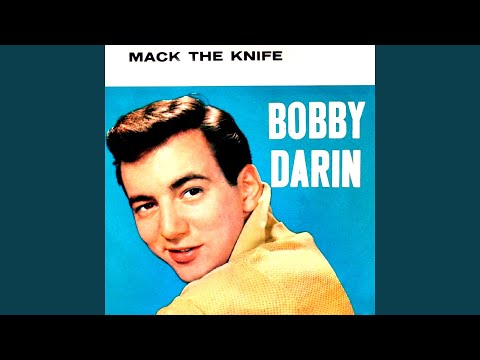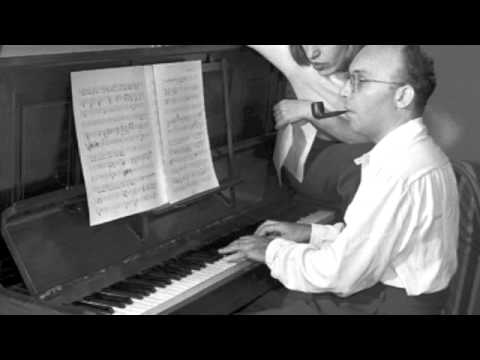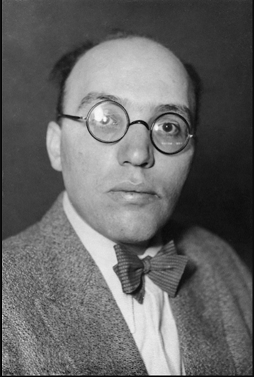Kurt Weill, dancer on the tightrope between art and kitsch
On Wednesday 19 February, the Flemish ensembles Collegium Vocale Gent and Het Collectief present the programme In Exile at Muziekgebouw aan ‘t IJ Amsterdam. They will perform music by eight composers who fled the Nazis to America in the 1930s. From Arnold Schoenberg to Hanns Eisler and from Bartók tot Kurt Weill – who passed away 75 years ago. In 2000 I wrote a portrait of Weill for a Dutch broadcasting magazine.
Amsterdam, January 2000
What do Kurt Weill and Johann Sebastian Bach have in common? They are the only two composers whose years of birth and death yours truly can recite without blinking an eye: ‘Bach, 1685-1750; Weill, 1900-1950’. Both composers are extensively commemorated in the jubilee year 2000.
Bach died 250 years ago. In the case of Weill, the commemoration knife cuts both ways: not only did he die 50 years ago, he was born 100 years ago. Still, the ripples that Weill’s appearance and demise draw will be considerably smaller than Bach’s: you won’t see Weill’s complete oeuvre offered at a discount price any time soon.
Footnote
While for many, Bach ranks as the greatest composer of all time, Weill has always remained a somewhat controversial figure. Although his name is mentioned in most music history books, this happens somewhat reluctantly. He acts as a footnote, as it were, to names like Hindemith, Stravinsky and Schoenberg. Yet Weill developed a compositional style all his own, which is immediately recognisable.
This did not come out of the blue, however, for like his colleagues, Weill was a child of his time. The First World War had dealt a blow to the belief in progress and the innate goodness of man. Artists sought new means of expression to articulate and depict their experienced horror.
People set themselves against romanticism, which had framed the world with a golden edge. Everyday life took centre stage, the harsh reality of the common man. Even more than in the previous century, people sought an outlet for their feelings. Thus the tormented figures in Edvard Munch’s paintings set the tone for the expressionist music of Arnold Schoenberg.
Wry oom-pah music
But unlike Schoenberg, who reasoned, regulated and translated his feelings into the intellectualist twelve-tone system, Weill sought his inspiration in dance music, jazz, oom-pah bands and cabaret. In complete contrast to Schoenberg, he increasingly emphasised triads. In doing so, he skilfully balanced on the tightrope between art and kitsch.
https://www.youtube.com/watch?v=EGUjGPrfA6U&ab_channel=HansFriedrichGunther
However, Weill’s oom-pa always has a bitter ring, the dance music is drenched in unadulterated despair and his rhythms stumble. His music is about the seamy side of life, about sex and drugs, poop and pee, in a one-to-one relationship, just like rock music. He captured this in unforgettable melodies, which understandably still hold great appeal for rock musicians.
Rough sound
Like Stravinsky, Weill turned away from the swooning string chords of the 19th century and used the much rawer brass instruments. If he used violins at all, it was percussive and without vibrato. When he used grand gestures from established operatic practice, these always had an ironic twist. Also, like his contemporaries, Weill rarely wrote for large orchestra. This preference for small ensembles stemmed partly from lack of money and partly from the need for new sounds. In addition to brass instruments and percussion, Weill also employed mandolins and guitars.
Although composers like Hindemith and the members of the French Groupe des Six also found inspiration in popular music, their work never has the rawness and directness of Weill’s pieces. Only Hanns Eisler and Paul Dessau come close with their aesthetics. And they too fall between the classical shore and the popular ship: too vulgar for the classical music world, too posh for the popular.
Cynical Zeitgeist
Yet there was a market for this kind of music in Germany in the 1920s: the famous 1928 Dreigroschenoper became a real blockbuster. Together with Bertold Brecht, who wrote the lyrics, Weill managed to strike just the right chord to engage the dejected German people, disheartened by the loss of face after World War I. Their cynical drama fitted the Zeitgeist, which Hitler, unfortunately, also understood perfectly.
The latter successfully cast himself as the saviour of the disillusioned Volk. When Brecht and (the Jewish) Weill staged their opera Aufstieg und Fall der Stadt Mahagonny in 1929, Hitler’s brown shirts were already pretty much in control. They disrupted the premiere in Leipzig with shouting and anti-Jewish pamphlets, and only thanks to a cordon of policemen could the performances take place at all.
In 1933, Weill and his wife Lotte Lenya fled to Paris and then to America. They were welcomed with open arms, but musically this proved to be a dead end. None of the many pieces he composed in America, such as Lost in the Stars, One Touch of Venus, or Knickerbocker Holiday, can even match what he wrote in Europe. In the land of unlimited possibilities, his music definitely tilted towards kitsch. Soaked in a sentimental Hollywood sauce, it lost its sourness and with it its essence.
Brecht and Weill: incompatible moods
This certainly has to do with the fact that Weill no longer collaborated with Brecht. Both created their strongest pieces in collaboration with each other, even though they did not actually fit together at all. Weill was an extremely gentle man, who lived only for music – he even accepted that his wife Lotte shared her bed with other men and women.
Brecht, on the other hand, was a despot, who saw himself as the centre of the world. He considered music to be totally subordinate to his texts and regularly accused Weill of drawing too much attention to his notes. While it was Weill’s thoughtful settings that made his words immortal. But perhaps it is precisely this incompatibility of moods that enabled them to create such gripping theatre.
https://www.youtube.com/watch?v=-5ZmvPSC9dE&list=PLiN-7mukU_RHjBFXu3MD7vxNveaWBSHAP&ab_channel=WolfgangNeuss-Topic
Back to my question from the beginning. Listen to the fugal overture of Die Dreigroschenoper, or the many recitatives and chorales in Ozeanflug, and you will find that Weill has more in common with Bach than his easily remembered birth and death years.
#ArnoldSchönberg #BertoltBrecht #HannsEisler #KurtWeill #LotteLenya


